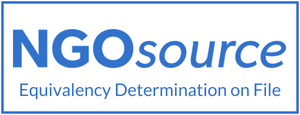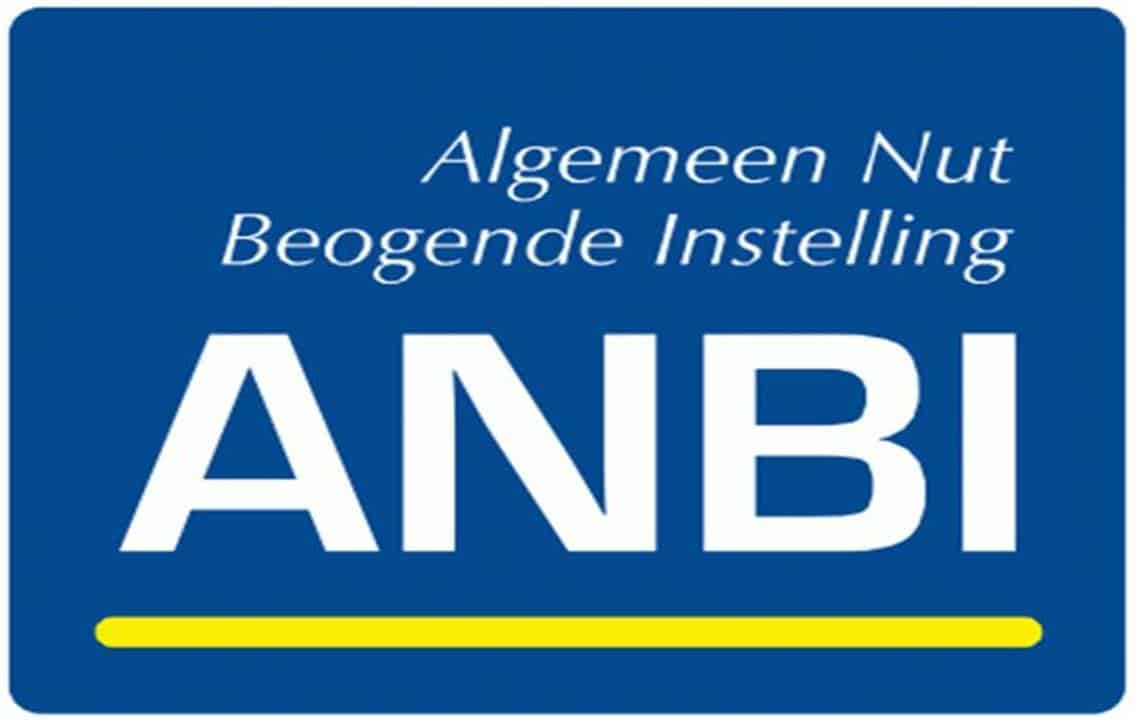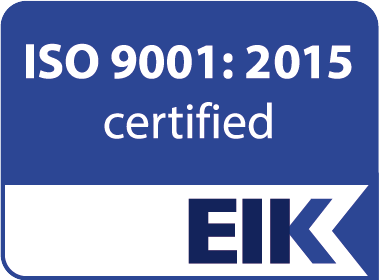More specifically, core objectives included:
– Increasing awareness of the importance of a holistic notion of what ‘shrinking space’ implies for different civil society actors;
– Sharing the latest international studies and providing groundbreaking case studies and new data on how CFT regulations interact with civil society’s freedom to organize and operate; its gendered impact, and how this in turn impacts on peace and human rights worldwide;
– Providing insights into effective alliance building in the context of influencing multilateral processes around CFT (e.g., World Bank, FATF, CTITF and CTED); highlighting ongoing and new initiatives;
– Providing action-oriented recommendations aimed at sustaining critical civil society space and financial inclusion.
- Jayne Huckerby, Clinical Professor of Law, Director International Human Rights Clinic, Duke University School of Law
- Isabelle Geuskens, Executive Director, Women Peacemakers Program
- Ben Hayes, Fellow, Transnational Institute
- Kay Guinane, Director, Charity & Security Network
- Sangeeta Goswami, Advocacy and Communications Officer, Human Security Collective
- Tightening the Purse Strings: What Countering Terrorism Financing Costs Gender Equality and Security, by Women Peacemakers Program & Duke Law International Human Rights Clinic
- Financial Access for US Nonprofits by the Charity & Security Network
- On Shrinking Space: A Framing Paper by the Transnational Institute
- De-risking and non-profits: how do you solve a problem that no-one wants to take responsibility for? by Ben Hayes, Lia van Broekhoven and Vanja Skoric




